Market Watch – Nordics
“The Nordics is renowned for being one of the most progressive, open, and innovative regions in the world. Made up of Sweden, Denmark, Norway, Finland, and Iceland, it has not traditionally been the first choice for Irish exporters, but nonetheless the region presents opportunity for companies looking to expand their business internationally.
Over the last five years exports to the Nordics from Enterprise Ireland clients have grown 35% and there are now over 450 exporters to these markets. And despite Covid, despite Covid, Hannah Fraser, Director Nordics Region, says opportunity exist for companies which bring innovation and something different to market.
The region is culturally and geographically close to Ireland and companies here are open to innovation and international partnerships. While negotiations often taken some time, once you secure a client, Nordic customers are committed, reliable and willing to pay a good price for solutions they can see value in.
In addition, Sweden, Norway and Denmark are in the top five countries for non-native English speakers, so language isn’t a barrier like other European markets – all of this adds up to a region which is lucrative and easy to do business in.
However, there is no denying that the pandemic has caused a lot of disruption to industry across the globe and in every sector – and the Nordic region is no different.
The response has differed country to country and while it remains to be seen how these measures will impact the economy in the long run, the Nordic economies were some of the strongest globally at the start of 2020 and look, so far, to be more resilient and set to recover faster than many of their European neighbours.
In the most recent figures, Sweden reported a GDP fall of 8.6% and Denmark of 7.4% during Q2. Norway’s GDP is estimated to have fallen around 7.1% between the months of March to May, while Finland, which undertook some of the stricter measures in the Nordics, reported a GDP fall of only 3.2%.
Irish companies working in the region have been affected in some ways. Travel restrictions, in particular, have proven challenging for staff travelling in and out of the region and also hindered Irish companies’ ability to meet customers, or potential customers, in person, which has affected the pipeline of new business for this year and into 2021.
But these issues are being addressed as firms have ramped up their digital presence to connect with customers in new ways and are now working more closely with local partners and suppliers. In addition, the supply chain across the Nordics is operational and the major construction sites, which many Irish companies are working on, have remained open throughout and business is now moving well in many areas.
Ultimately, the Nordics is a region of huge diversity and opportunities for companies differ from country to country and sector by sector. Well-established opportunities exist for Irish Engineering and Hi-Tech Construction companies, particularly around the construction and fit-out of the hyperscale data centres being built across the region.
There are also some emerging opportunities in areas like Fintech, Lifesciences, Telecoms and Energy and Irish firms have started to capitalise on these. In addition to this, one of the major themes for Nordic companies is around sustainability and building sustainable businesses.
Indeed the region has been at the forefront of sustainability for years and is considered to have some of the most ambitious climate action plans in the world – and this is an area in which Ireland can really learn from. Companies of all sizes here have a focus on building sustainable companies and integrating the UN Sustainable Development Goals into their business models.
This commitment to sustainability drives market demand for Irish products and services which in turn delivers solutions and innovation to areas such as renewable energy, electrification and energy efficiency.
There are a number of Irish companies which have successfully secured contracts in the Nordics in recent months including Mainline Power, CXIndex, Cambrist and XOcean – so the future does look bright for the region. Our team at Enterprise Ireland are on hand to support Irish companies to continue to grow and win business here.”



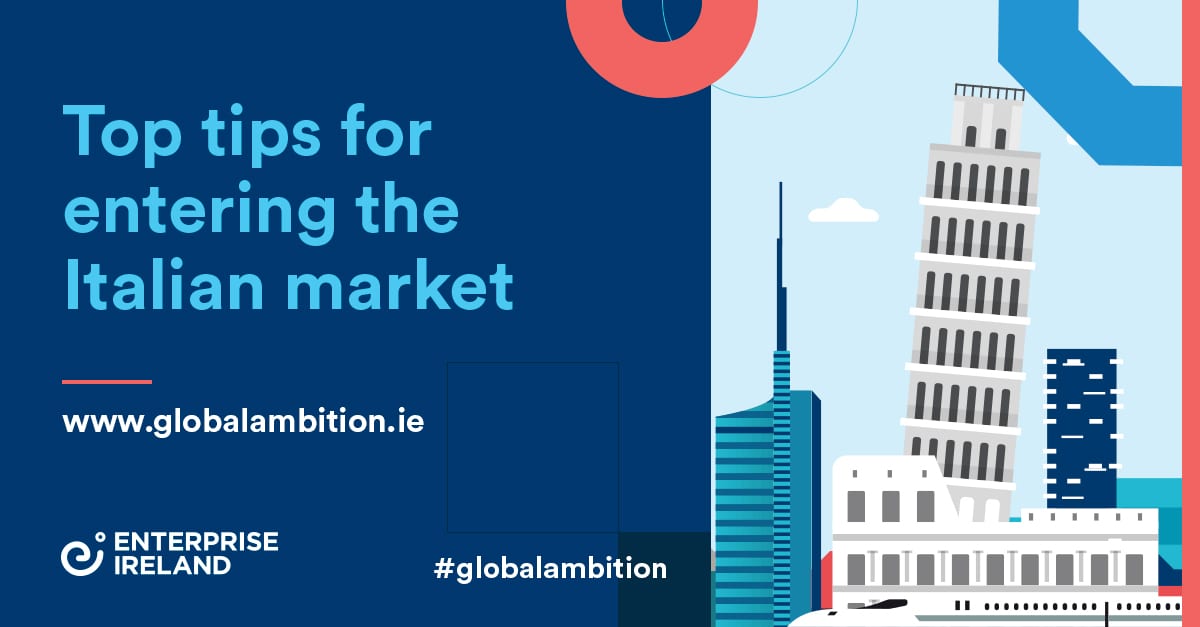

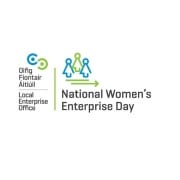
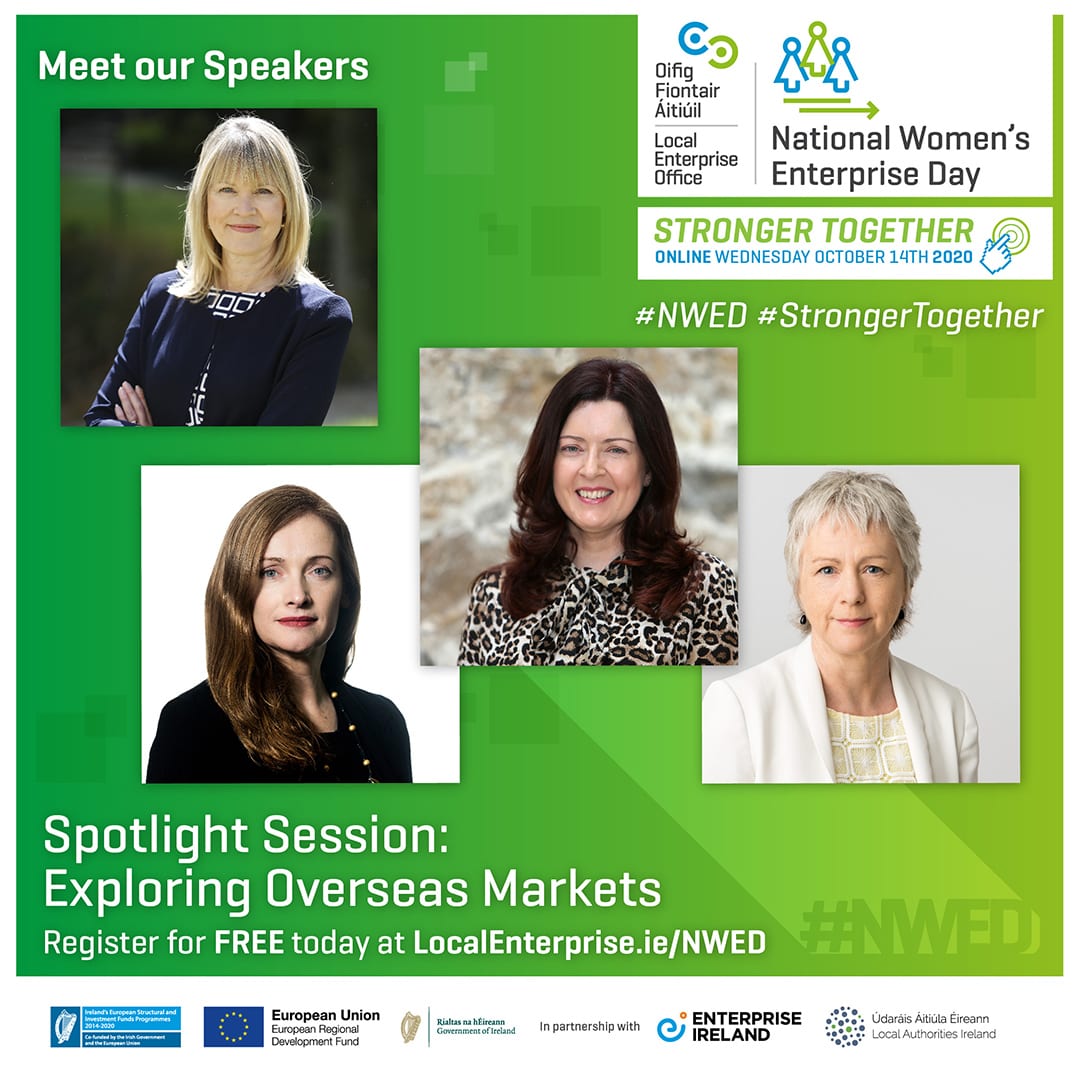
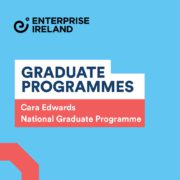
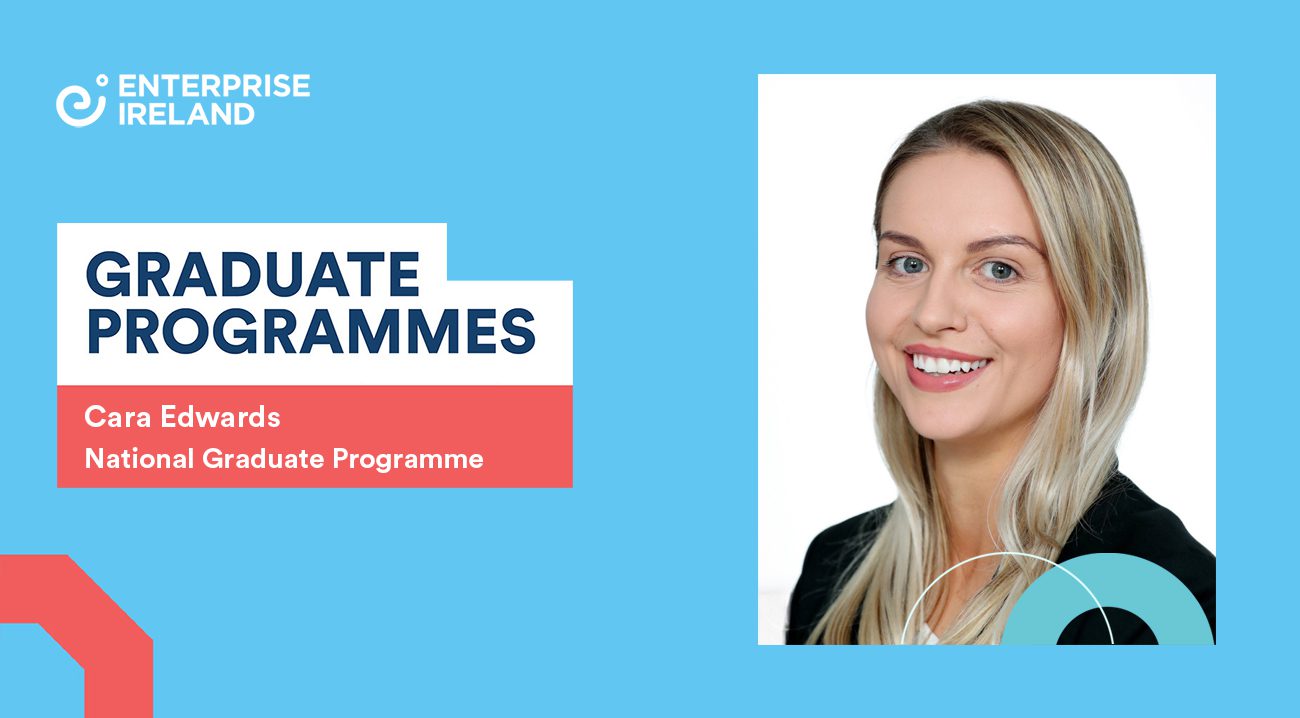
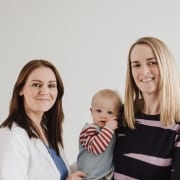
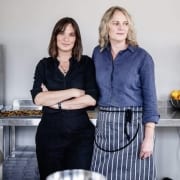
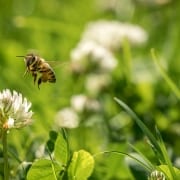
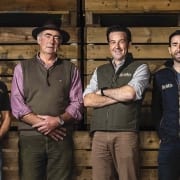

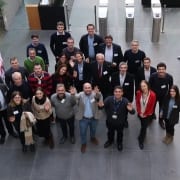
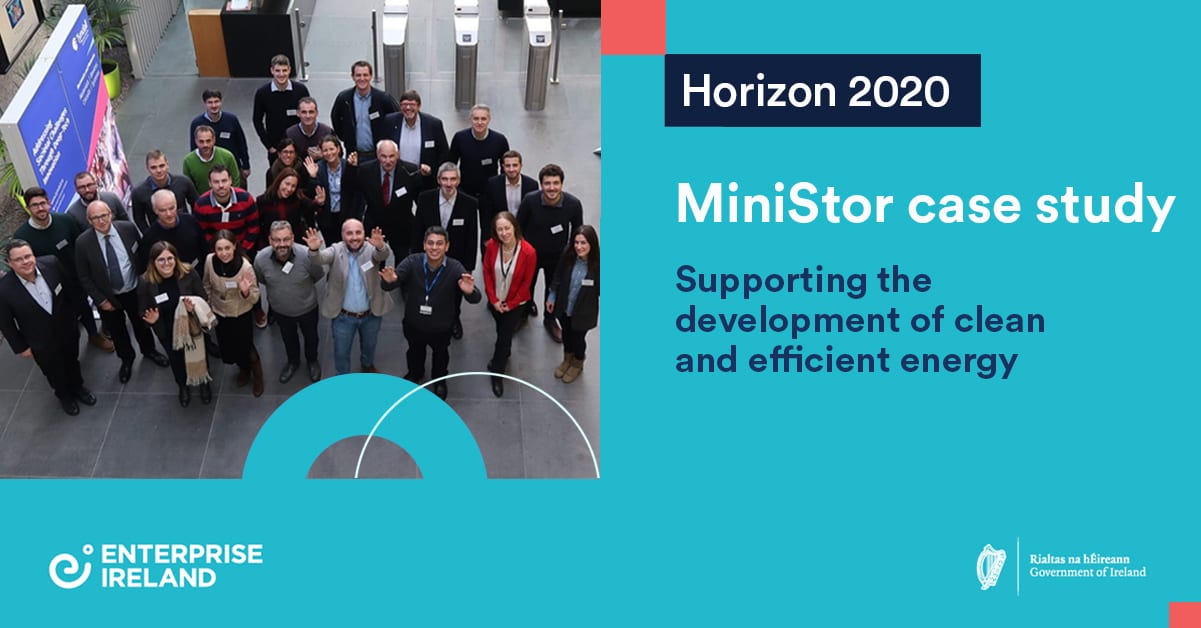

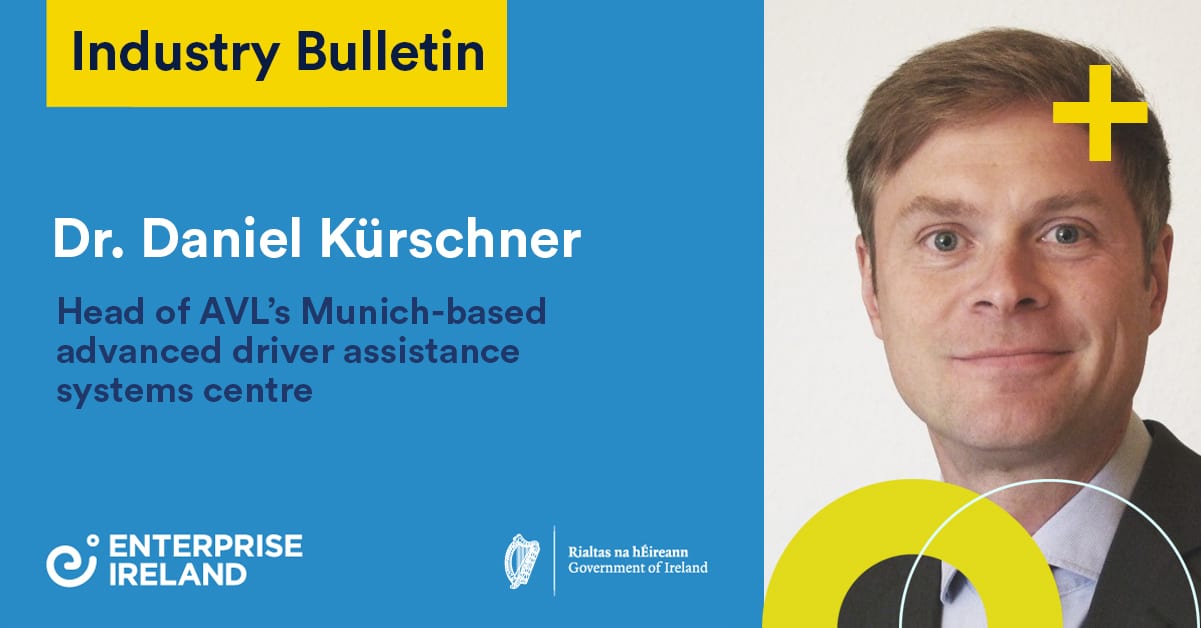 AVL is the world’s largest independent company for the development, simulation and testing of powertrain systems for passenger cars and commercial and industrial vehicles and is directly exposed to the deepest and most rapid business downturn in the history of the automotive industry. Dr. Daniel Kürschner, Head of the Company’s Munich-based advanced driver assistance systems (ADAS) centre, remains optimistic, however.
AVL is the world’s largest independent company for the development, simulation and testing of powertrain systems for passenger cars and commercial and industrial vehicles and is directly exposed to the deepest and most rapid business downturn in the history of the automotive industry. Dr. Daniel Kürschner, Head of the Company’s Munich-based advanced driver assistance systems (ADAS) centre, remains optimistic, however.


